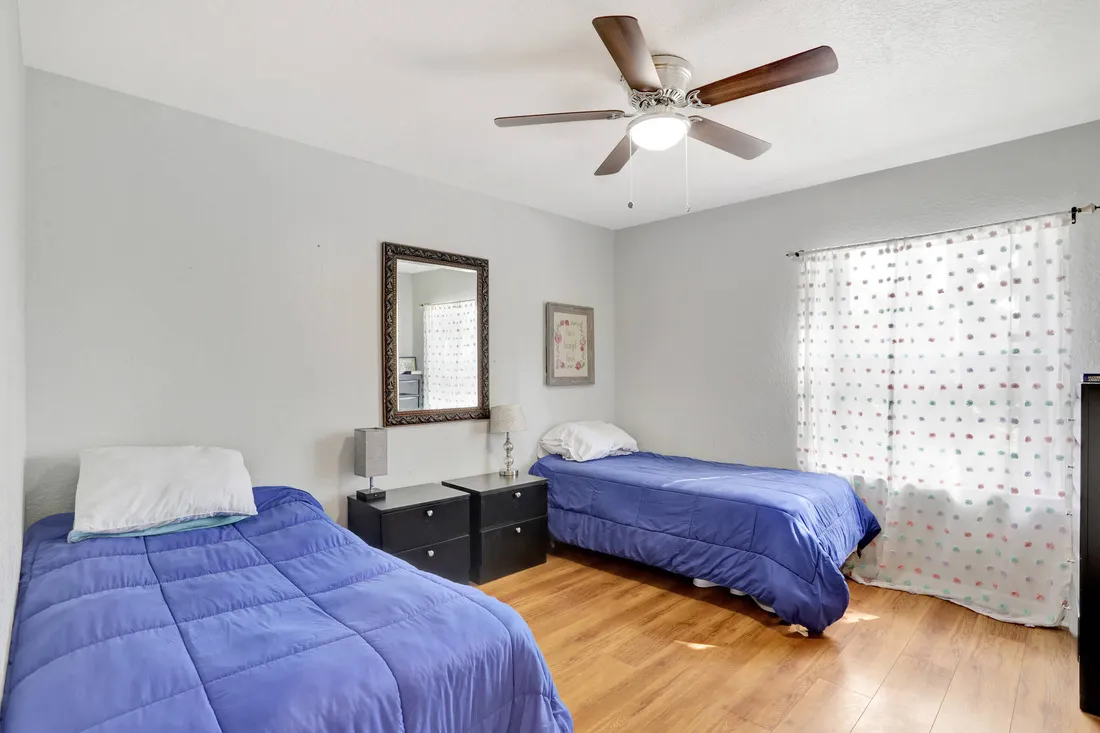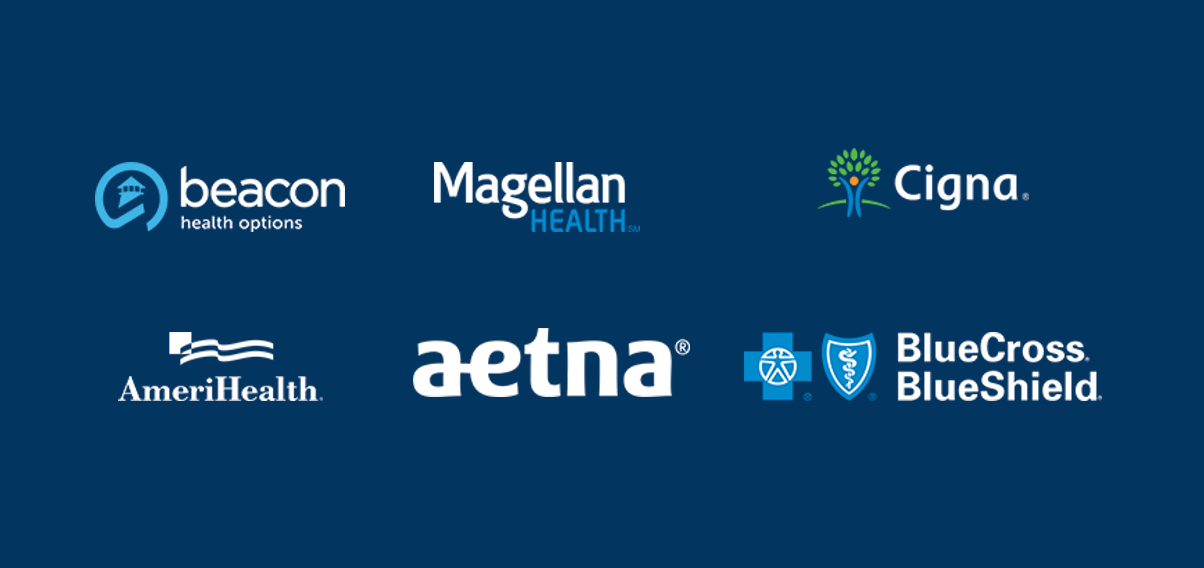The Sylvia Brafman Mental Health Center, located in the heart of south Florida, is a leading provider of evidence-based mental health treatment. Our facility is distinguished by its accreditation, reflecting our unwavering commitment to excellence in healthcare. We are proud to offer a range of services, including inpatient mental health care, family centered programs, and outpatient programs. We also offer PHP and IOP services, ensuring we can meet diverse needs and provide comprehensive mental health rehabilitation.
If you’re considering a mental health retreat in the beautiful surroundings of Florida, The Sylvia Brafman Mental Health Center is here to support your journey. We provide comfortable accommodations for those traveling into South Florida from out-of-state, making us a convenient choice for live-in mental health treatment. For those based in Florida, our facility in Broward County is just a short drive away from many vibrant cities like Miami, Fort Lauderdale, West Palm Beach, Boca Raton, Hollywood, Coral Gables, Key West, and Pompano Beach. To learn more about our holistic mental health treatments, family-centered facilities, and accommodations, we encourage you to call us. Let us help you start your path to recovery today.












